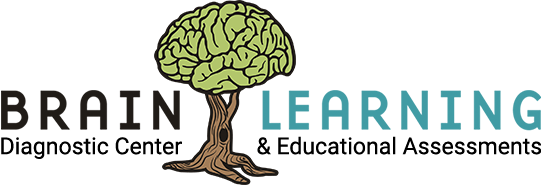Project Description
Bipolar Disorder
Bipolar Disorder: Bipolar disorder is characterized by severe and abrupt mood swings ranging from mania to depression. There are two subtypes of the disorder: bipolar I is diagnosed when the manic episode lasts for more than seven days and results in marked impairment in functioning, whereas bipolar II lasts under four days with noticeable symptoms but less severe impairment.
How to sight it: Bipolar disorder significantly impacts emotional regulation, causing quick emotional or explosive reactions and reduced ability to problem solve. Additionally, which cycle your child is in will impact learning differently. When in a manic state, students may demonstrate increased inattentive behaviors as their thoughts become more disorganized and rapid. Conversely, they may become hyper focused on certain ideas or behaviors such that they have difficulty shifting their focus and asking them to do so may result in aggression. As moods cycle, kids may be highly irritable and much less able to tolerate frustration. Depressive symptoms may cause cognitive functions to “slow down;” it may take them longer to process information and to complete tasks. They may become withdrawn and have less energy. All of these symptoms have implications for children’s availability for learning as fluctuating mood, attention, and focus decrease retention and memory.
- periods of grandiosity
- decreased need for sleep
- pressured speech
- racing thoughts
- increased distractibility
- excessive pleasure seeking or risky behavior
- Psychotic symptoms such as delusions and hallucinations can occur during both phases of a bipolar disorder
What we can do to help: At Brain Learning we understand the implications of a mood disorder on learning and are passionate about sharing our knowledge with families and school staff in order to appropriately support the child.






